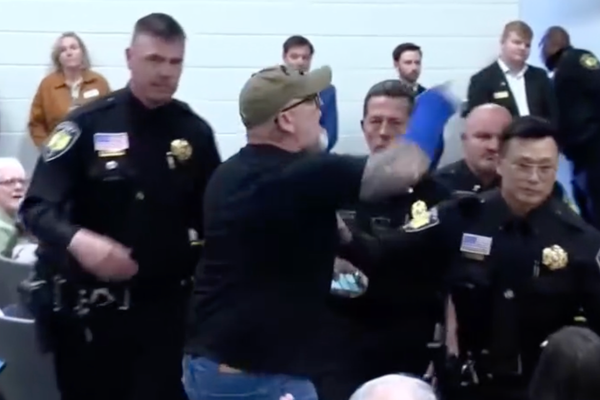
Nearly half of all British cultural stars nominated for major awards in the last decade were educated at private school, according to an analysis by Labour designed to highlight the failings of the state sector to provide creative education.
After studying the backgrounds of 130 Britons nominated for the main prizes at the Oscars, Baftas and Mercury prize over the last 10 years, Labour found that 40% went to private school, whereas only about 6% of the population are privately educated.
Of the four highest-profile British nominees for Sunday night’s Oscars, three – Christopher Nolan, Carey Mulligan and Emily Blunt – were educated at expensive boarding schools.
The findings come as Keir Starmer prepares to embark on his latest “missions tour” to promote his party’s policies on education, including a pledge to broaden the national curriculum to give students more access to sport, music and drama.
The Labour leader said: “It is short-sighted and frankly immoral to allow arts and culture to become the domain of a few privileged pupils. Britain is a world leader in music and film, but we are holding back masses of potential because the Conservatives’ creativity crisis is shutting kids out.”
In an unusually personal intervention, he added: “Growing up in a working-class household, the opportunity to learn an instrument gave me benefits far beyond the music. It gave me the confidence to kick on, and the drive to achieve.”
Labour’s study mirrors the findings of previous research which suggested that the British arts scene is dominated by privately educated talent. Researchers from the Sutton Trust in 2016 found that about 40% of British Bafta winners went to an independent school, as well as 19% of those who won Brits. School leaders have said in recent years, meanwhile, that cost pressures are forcing them to drop more expensive but less popular subjects such as art and design.
Starmer will visit a school in the east of England on Monday alongside Bridget Phillipson, the shadow education secretary, in the latest of five visits across the country designed to highlight the “missions” he says will guide a Labour government.
The party is proposing to review the curriculum and to change school accountability mechanisms with a view to providing a broader, more creative education in the state sector. Labour’s stance contrasts with years of policy under the Conservative government, which has sought to bolster core academic subjects and introduce a more traditional sense of intellectual rigour.
The Tories’ policies have been criticised by some as outdated and overly focused on rote learning, but have arguably helped England climb the Pisa international rankings.
If Labour wins the election this year, Starmer’s cabinet will almost certainly be the most state-educated in postwar history.
Starmer has sought to make a virtue of this, but has also come under fire from the private education sector for his proposal to end tax breaks for independent schools. Labour has said it will use the money generated by that policy to employ 6,500 new teachers.
Starmer’s push to expand creative education in state schools has received the backing of film-maker and artist Steve McQueen, as well as teacher and broadcaster Bobby Seagull.
Seagull said: “Labour’s pledge to broaden the curriculum, boost teaching staff and make the arts available to everyone is really exciting. It will greatly benefit the mathematicians of tomorrow.”







